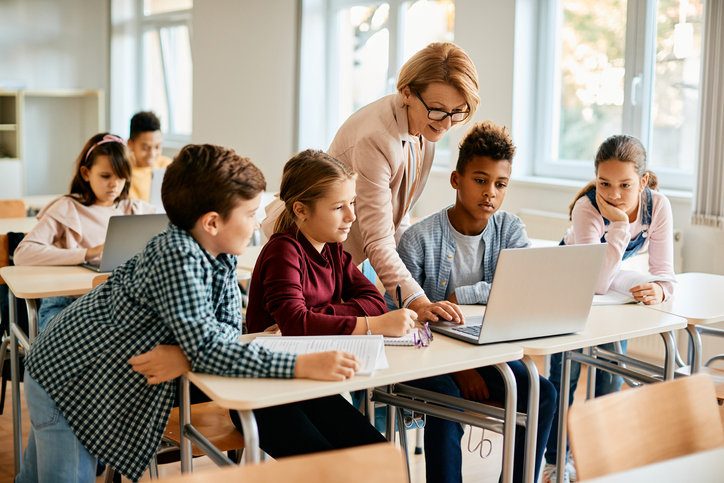Insightful Bytes
Exploring the world one byte at a time.
The Hidden Curriculum That Shapes Our Future
Discover how unseen lessons influence our lives and shape our futures—uncover the hidden curriculum that could change everything!
Unveiling the Hidden Curriculum: How Implicit Lessons Shape Our Lives
The concept of the hidden curriculum refers to the lessons that are taught implicitly, rather than through formal education. These lessons often encompass societal values, beliefs, and norms that influence our behavior and interactions. For instance, while students may enter a classroom to learn mathematics or literature, they simultaneously absorb important social skills, like teamwork and conflict resolution. Understanding this aspect of education is crucial because it helps us recognize how our environments shape our perspectives and actions in profound ways.
Furthermore, the implicit lessons derived from the hidden curriculum can have lasting impacts on individuals. Whether in schools, workplaces, or social settings, these lessons often dictate how we perceive authority, success, and even our self-worth. For example, a student who witnesses unfair treatment by an authority figure may learn to distrust leadership, shaping their future interactions in profound ways. By unveiling the hidden curriculum, we not only grasp the complexities of human behavior but also empower ourselves to critically assess and potentially reshape the influences we encounter throughout our lives.

The Impact of Social Norms on Learning: What the Hidden Curriculum Teaches Us
The impact of social norms on learning extends far beyond the formal curriculum, weaving into what is known as the hidden curriculum. This concept encompasses the unspoken or implicit values, behaviors, and expectations that shape student experiences and interactions within educational settings. For instance, norms surrounding collaboration, competition, and respect can significantly influence how students engage with each other and absorb information. When students observe peers valuing teamwork over individual achievement, they may internalize the importance of collaborative learning and adopt similar attitudes, thus enriching their own educational experience.
Moreover, the hidden curriculum plays a crucial role in shaping not only academic outcomes but also social skills and emotional intelligence. As students navigate their educational environments, they are constantly absorbing lessons about behavioral expectations and the social dynamics at play. For example, a student who witnesses positive reinforcement for respectful dialogue may be more inclined to engage in constructive discussions rather than confrontational exchanges. Through these social norms, students learn vital life skills such as empathy, communication, and conflict resolution, which are essential for both their academic and future professional lives.
Is Your Education Complete? Exploring the Unseen Factors in Our Academic Journey
Completing your formal education is only one part of a much larger academic journey. Is your education complete? This question invites a deeper exploration beyond just degrees and certificates. Many students are unaware of the unseen factors that significantly influence their educational experience. These may include personal interests, mentors, networking opportunities, and even real-world experiences that provide practical knowledge. For instance, engaging in internships and volunteer work can equip students with skills that classroom learning might overlook. Therefore, it's crucial to assess your education in a holistic manner, recognizing the broader context that contributes to your overall growth.
Additionally, self-directed learning plays a pivotal role in determining whether your education is truly complete. Exploring the unseen factors in our academic journey means acknowledging that education doesn't stop after graduation. Taking the initiative to pursue online courses, webinars, and workshops can fill gaps in your knowledge and skills. Moreover, reflecting on your learning style and seeking feedback from peers can provide insights that traditional education often misses. In this regard, lifelong learning becomes essential—not only to enhance your qualifications but also to adapt to the ever-evolving demands of the professional landscape. Are you ready to embrace this continuous journey of learning and self-improvement?